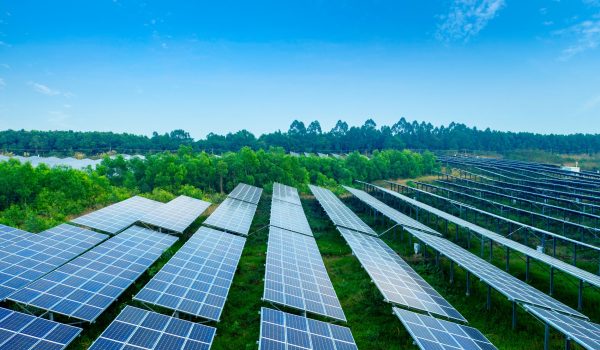E-waste from solar panels in a circular economy
The production of photovoltaic (PV) energy (solar energy) is a promising and mature technology for the production of sustainable energy. Unfortunately, the removal of solar panels can pose waste management problems. The amount of e-waste from solar panels is generally greater than that of other types of e-waste, in addition, this waste contains abundant metals and toxic materials, and because this energy is increasingly used.
Local solutions need to be discussed and resolved so that the solar industry can deliver sustainable renewable energy. This article discusses the environmental impacts of solar energy and solar panel recycling in Brazil. Technological solutions and process developments are likely to be required to properly address issues that arise at the end of the useful life cycle of solar energy systems.
However, more is needed than just these technological solutions and process developments. At the end of the life cycle phase, political mechanisms and regulatory structures will also need to be developed and leveraged. This helps prepare, stimulate and develop integrated applications for the treatment of industrial waste. The advent of sectoral agreements for electrical and electronic equipment has partially solved these waste problems in Brazil. These sector agreements specify equipment that must have intended reverse logistics systems.
Other relevant publications
The role of extended producer pesponsibility (EPR) in the energy transition
Analysis of the implementation of EPR for batteries in electric vehicles, solar panels, and wind turbines
Report collection for reuse at recycling centers
This report analyzes pilot projects in the municipalities of Amersfoort and Zwolle aimed at promoting the reuse of electrical appliances through recycling centers.
Program of requirements for circular climate installations
The program of requirements for circular climate installations has been developed for housing associations and their partners to reduce the environmental impact of building-related installations.







